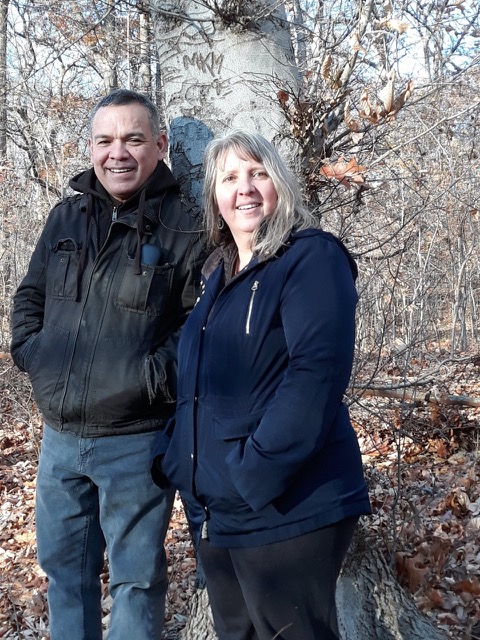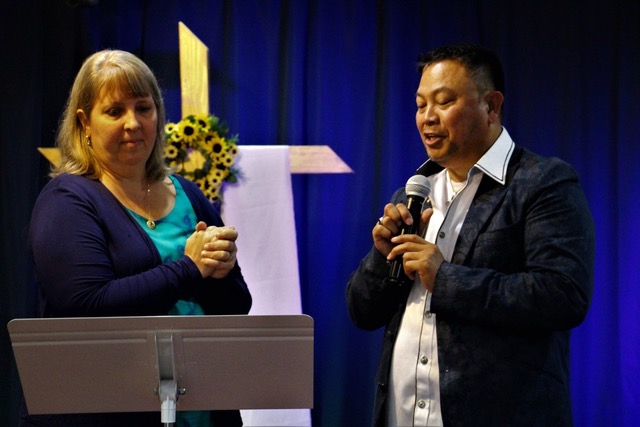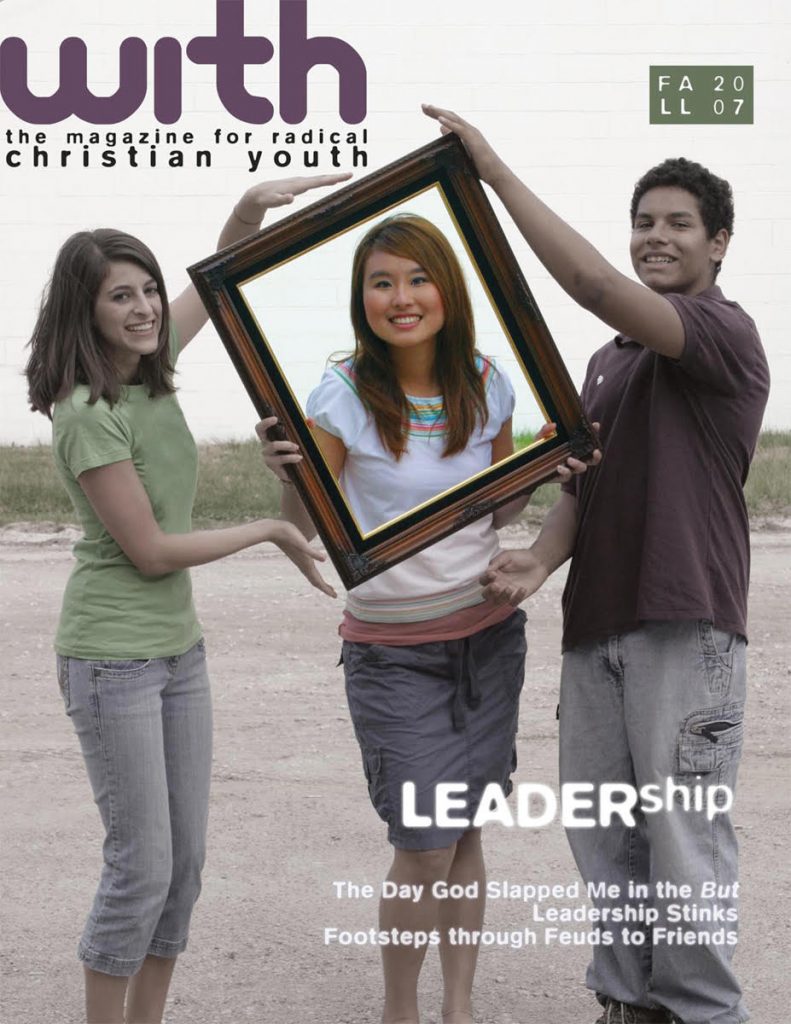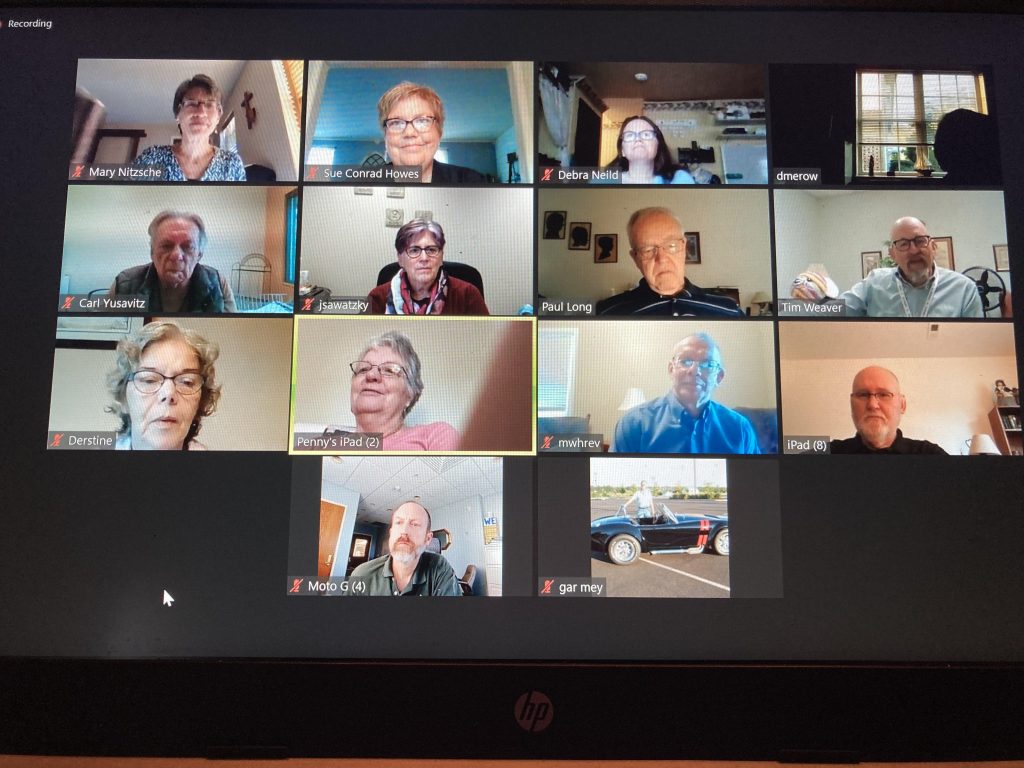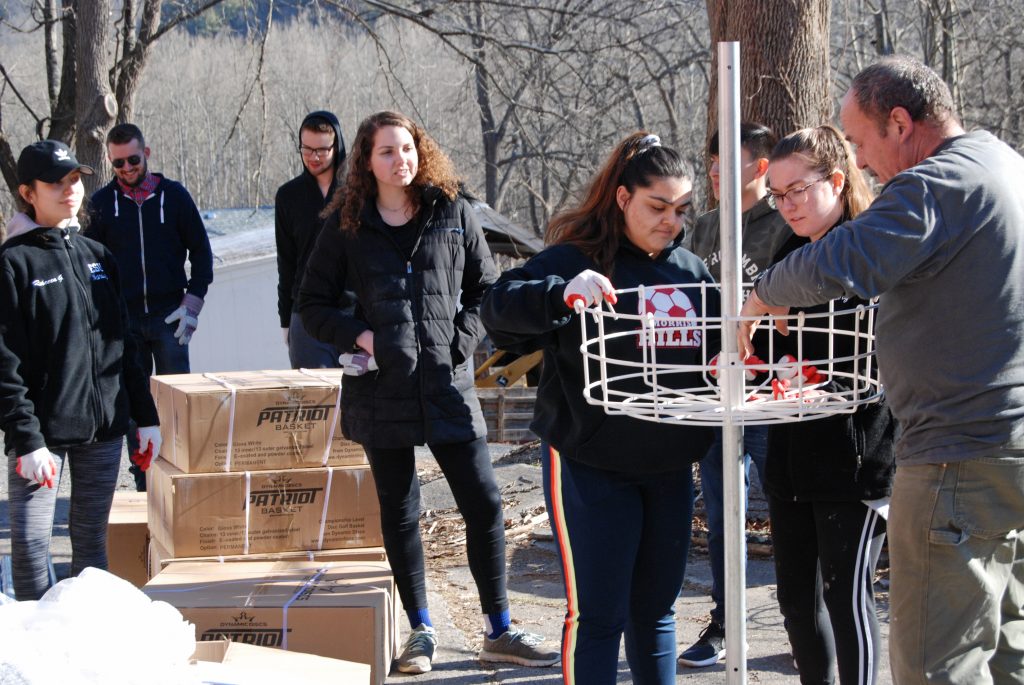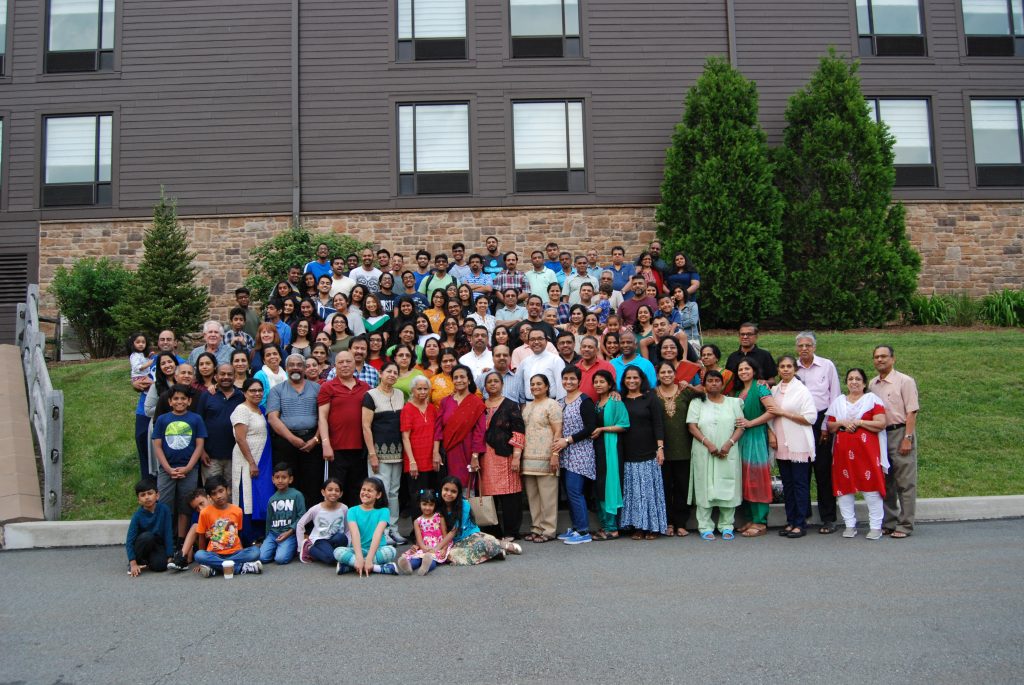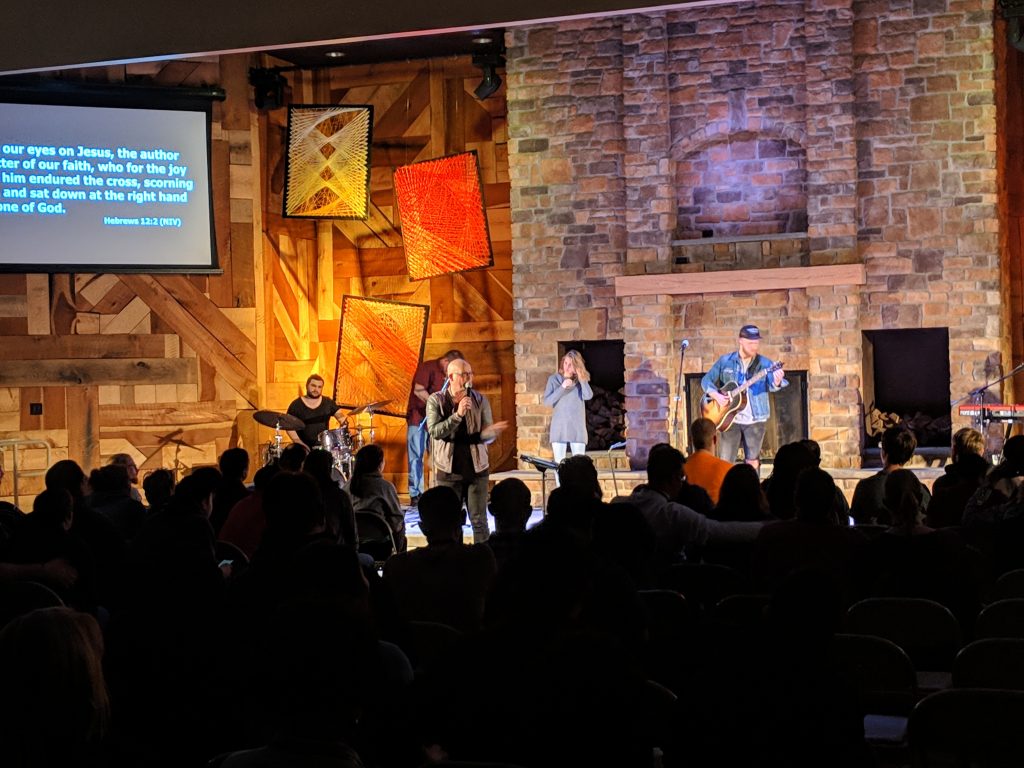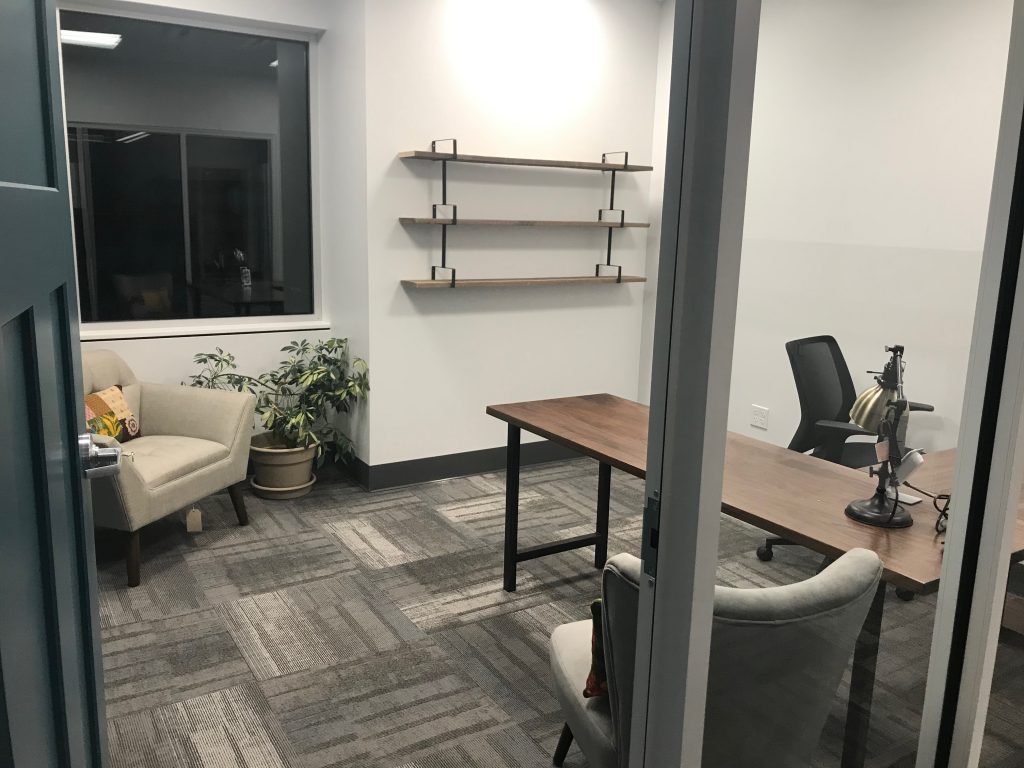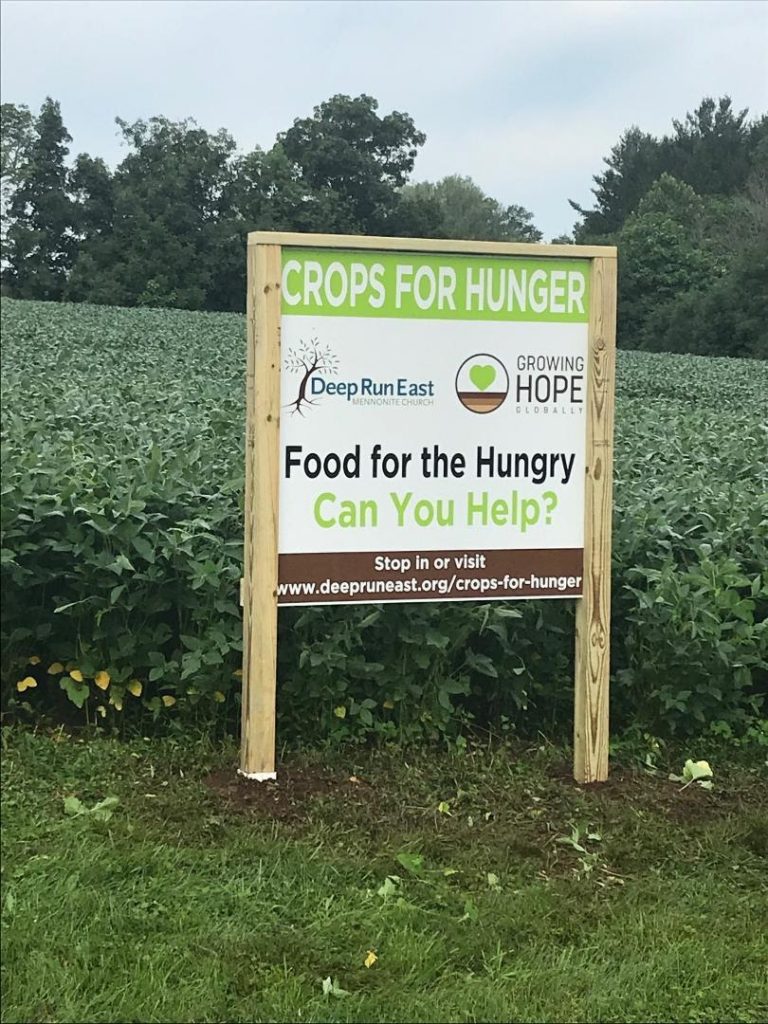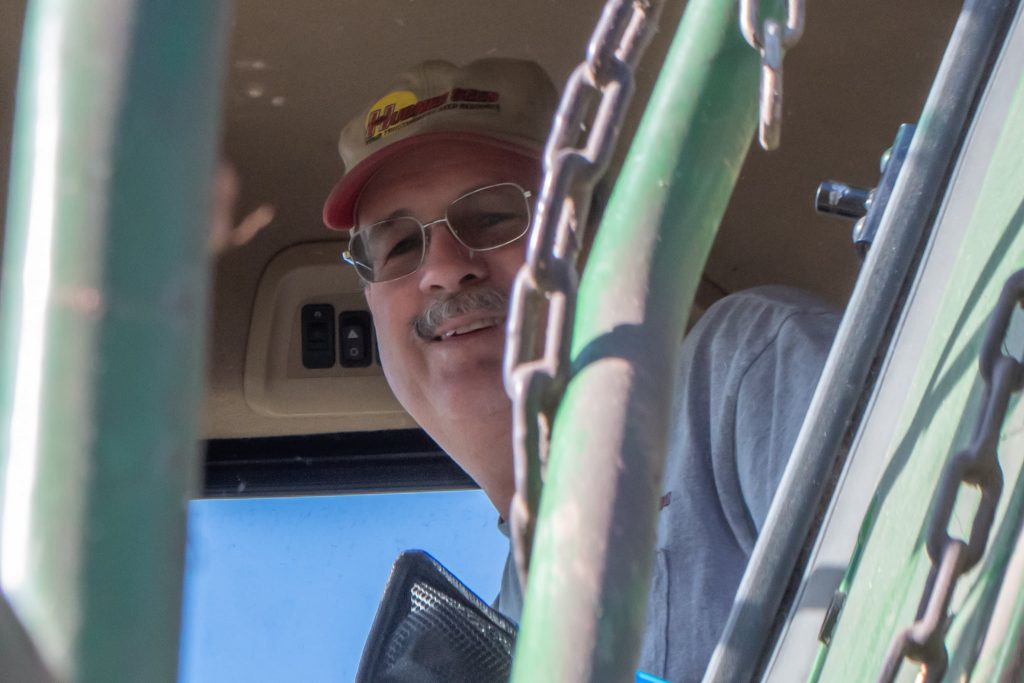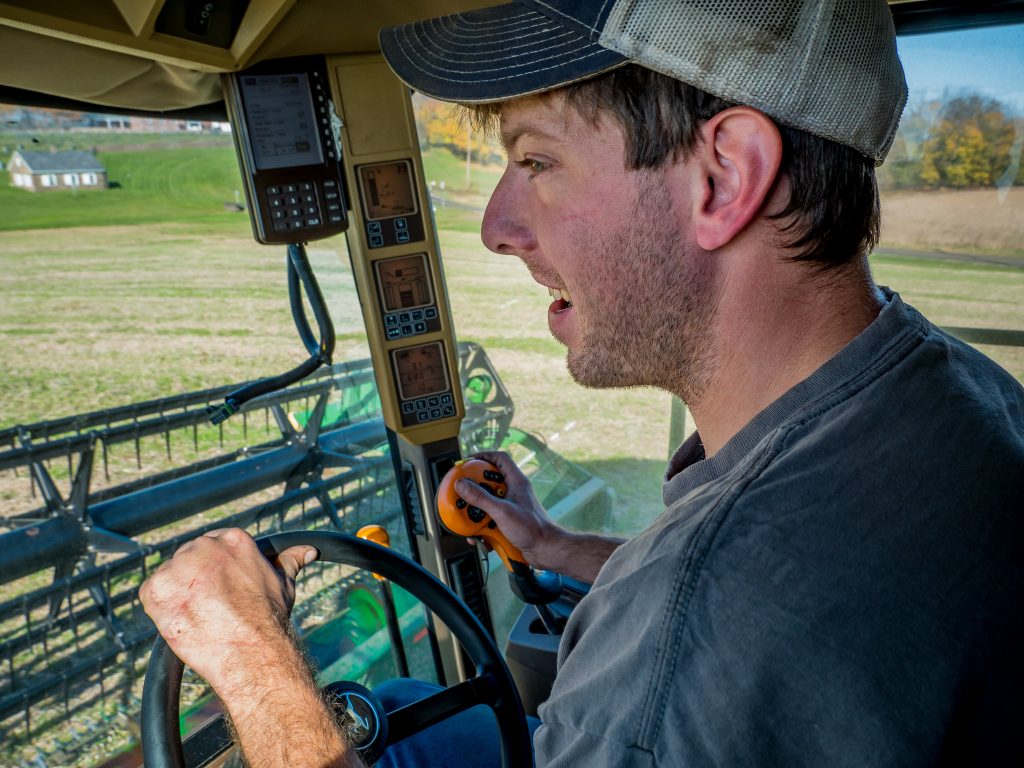“Whoever sows will reap,” says Pastor Buddy Hannanto, when he talks about the joys and sorrows of serving God. Hannanto especially knows this from the way God miraculously inspired his personal life, his family, and his ministry to grow.
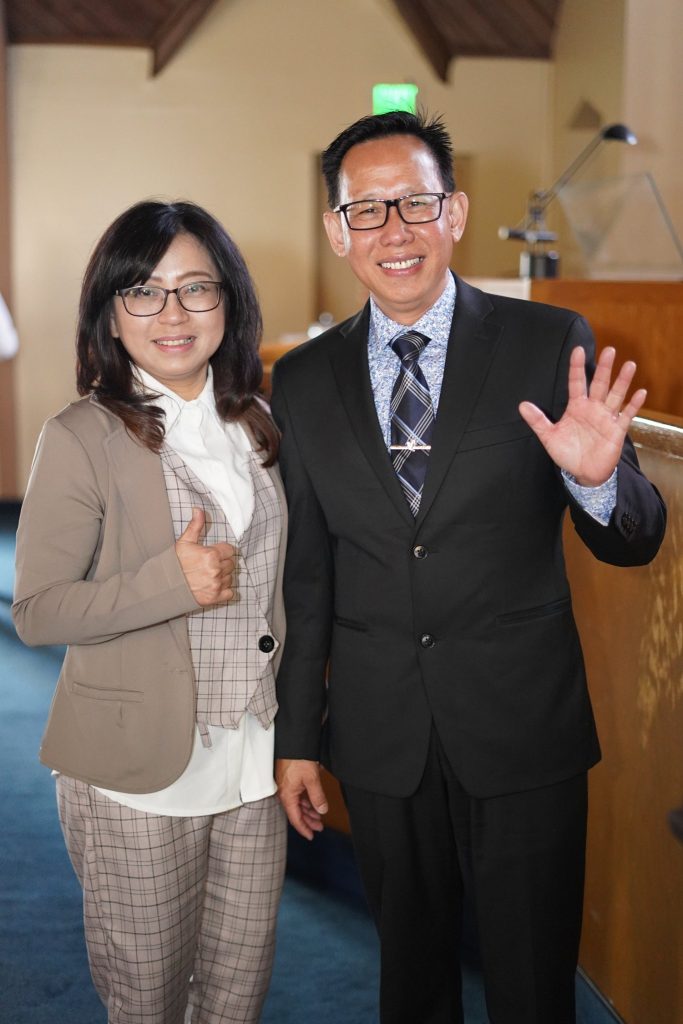
Buddy Hannanto was born and raised in the city of Jakarta in Indonesia. He began working in ministry and was active in youth ministry since high school. Through Indonesian Charismatic Pentecostal Church (GPKDI), he ministered in schools. During college, Pastor Buddy began his pulpit ministry at the GPKDI church branches spread throughout the cities of Jakarta and Tangerang.
In 1992, Hannanto’s parents received visas to the US through the green card lottery in Indonesia, allowing them to live in the United States. Hannanto and his parents moved to California that year.
Upon arrival in California, Pastor Buddy returned to ministry. He met Virgo Handojo and together, they served at JKI Anugerah Church in Sierra Madre, CA. Because of his ministerial experiences in Indonesia, Pastor Buddy was often assigned to fill the pulpit in other churches.
In 1995, Pastor Buddy was asked to start a fellowship in Alhambra, CA with Haryono Margono. This fellowship later developed into Indonesian Mennonite Church. Eventually, the name was changed to Indonesian Worship Church. In 1996, Haryono Margono resigned as pastor and Pastor Buddy was appointed the church’s pastor.
Under Pastor Buddy’s leadership, Indonesian Worship Church grew from a church of only Indonesians to a church that serves non-Indonesians as well. As a result, in 2016 the church changed its name to International Worship Church. In 2019, Buddy was ordained by Franconia Mennonite Conference and is now a credentialed pastor in Mosaic Mennonite Conference.
“Service is a gift and opportunity which builds a crown in heaven,” says Pastor Buddy. Since 2004, he has been working full-time for the church. As pastor, he leads services on Sundays and cell-groups and Bible studies on weekdays. Throughout the week he offers support and help to the congregation, such as accompanying them to the immigration office or doctor.
“The call of God’s servant to the ethnic church has demands to serve the congregation outside of just preaching in the pulpit,” says Pastor Buddy. “The congregation considers us family.” Frequently, Pastor Buddy is called upon for assistance from other church pastors and congregations.
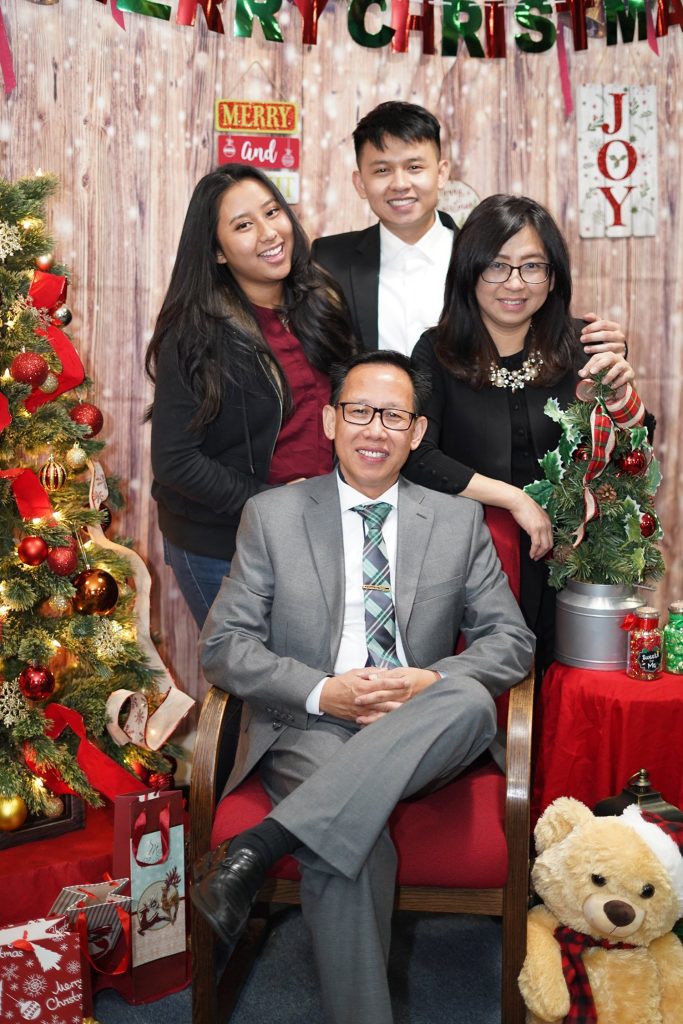
“If we are truly serving, the people we serve will love us,” reflects Pastor Buddy. “Service is carried out with a sincere heart and with joy. The results can be seen through the fruits that can be enjoyed today, both through the growth and the sincerity of the congregation one serves.”
“We must be like Christ and become Christians who have spiritual fruits and not only spiritual gifts,” Pastor Buddy shares. “A gift without spiritual fruit is temporary, but if we pursue the fruit of the spirit, the results will remain.”
Now Pastor Buddy is studying to get a Doctor of Ministry degree, which has been his dream since he arrived in the US. “God gave me the opportunity to go to school,” he says. “I don’t want to back down. I want to go ahead and take the opportunity.”
Pastor Buddy lives in Alhambra, California with his wife, Susy, and their two children, Jason and Rachel. When he has time with his busy schedule, Pastor Buddy enjoys running to keep in shape.

